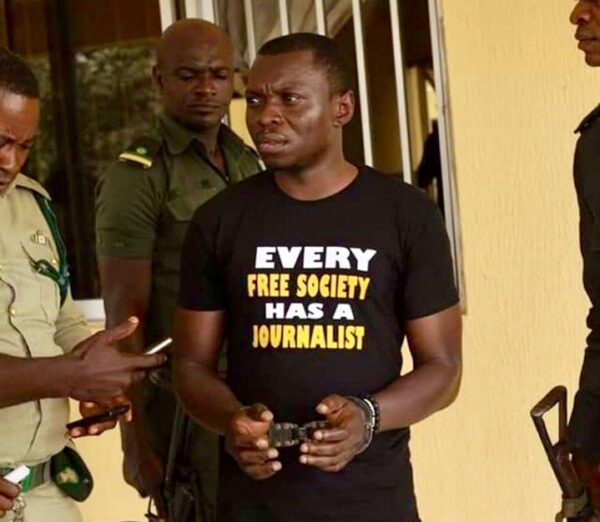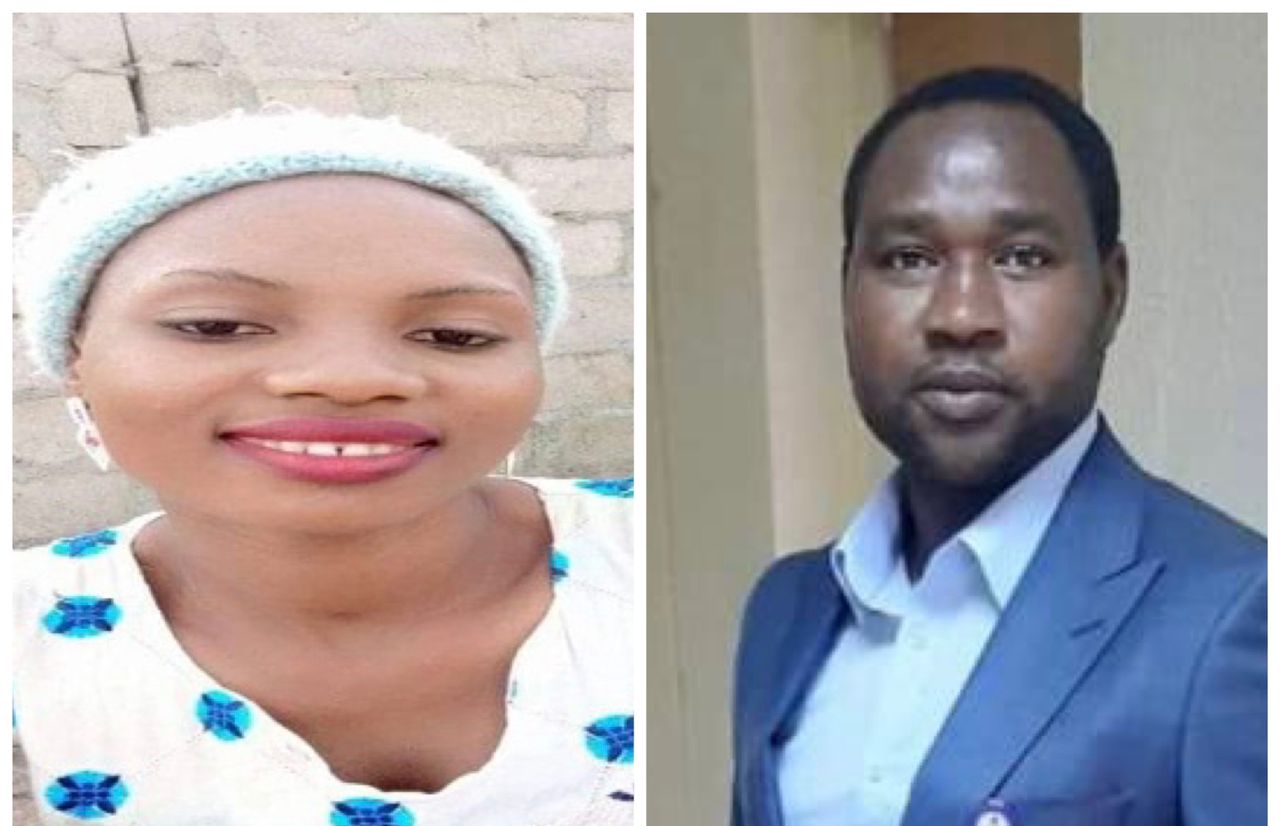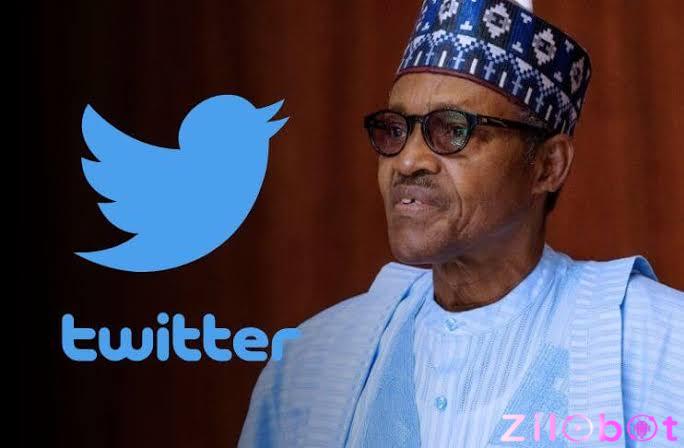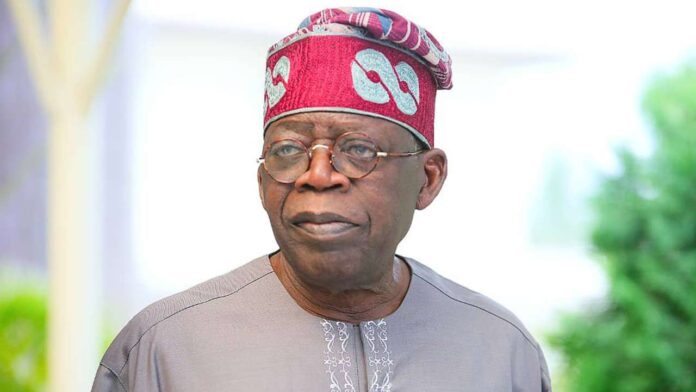On May 29, 2023, Asiwaju Bola Ahmed Tinubu took over from President Muhammadu Buhari as the new helmsman in Nigeria’s presidency. Even though the new president is supposed to govern largely from the same All Peoples Party manifesto, there is one area where the media and press freedom advocates hope President Bola Tinubu will diverge and positively distinguish himself from his predecessor.
In February 2015, a few months before Buhari was elected president for his first term, he mounted the podium in a room full of diplomats, politicians, and business leaders at the Chatham House in London. Expressing remorse for his high-handedness during his 20-month military dictatorship in 1983-85, Buhari said to applause that he had become “a converted democrat” who was ready to commit to the entrenchment of democratic norms if he won the election.
However, Buhari’s military rule was characterised by undemocratic norms. He clamped down on dissenting voices – intimidating, harassing and jailing critics, including music legend Fela Anikulapo Kuti, whose songs criticised military dictators and corrupt politicians. Buhari also enacted decrees that punished journalists and media houses that published articles deemed as offensive to his regime. Under these decrees, several newspapers were shut down and many journalists were sentenced to jail.
During the Chatham House encounter, Buhari solemnly promised to promote the consolidation of democracy in Nigeria and guaranteed that freedom of the press would not be compromised in any way.
Sadly, Buhari’s eight-year civilian rule was not very much different from his military rule, according to democracy watchdogs. His tenure witnessed numerous attacks on freedom of the press and expression. The Buhari government blatantly refused court orders, journalists were killed and harassed, media outlets were fined and attacked for bogus infractions, Twitter – which gave a platform for many citizens to express their voices – was banned for months, and civil protesters were intimidated and killed.
The Media Foundation for West Africa (MFWA) reviews here some of the instances that illustrate the clampdown on freedom of expression under the administration of the outgone president for the attention and guidance of President Tinubu.
Impunity over the killing of journalists
In a classic case that underlines the entrenched impunity for crimes against journalists, 20-year-old student journalist, Pelumi Onifade, was discovered dead a week after he was assaulted and carried away by the Lagos State Task Force. The body of Onifade, who was covering the #EndSARS protests for online medium Gboah TV on October 24, 2020, was found in a morgue in Ikorodu, Lagos. His family lawyer said his body had bullet wounds.
On January 21, 2020, Alex Ogbu, a journalist with the Regent Africa Times newspaper, was shot and killed when the police dispersed protesting Shi’ite Muslims using live bullets in Abuja. In a related circumstance, on July 22, 2019, Precious Owolabi, a reporter with Channels Television, was reportedly killed by a police bullet while he was covering a protest by members of the minority Shiite Muslims in Abuja.
On January 15, 2019, Maxwell Nashan, a journalist with the Federal Radio Corporation of Nigeria (FRCN)in Adamawa State, was found tied and muzzled in a bush with his body hacked at several places. Nashan, who had been abducted from his house the previous day, died on arrival at the hospital.
In 2017, a joint report by the MFWA and the Nigeria Union of Journalists (NUJ) highlighted four cases of Nigerian journalists being killed in separate incidents with no credible inquiry into the culprits and the motives behind the attacks. The victims were Ikechukwu Onubogu, a cameraman with the Anambra Broadcasting Services, Lawrence Okojie of the Nigerian Television Authority (NTA) in Edo State, Famous Giobaro, a desk editor with Glory FM in Bayelsa State, and freelance broadcaster, Abdul Ganiyu Lawal, in Ekiti State.
Repressive cybercrime law
There has also been longstanding concern about the use of Nigeria’s cybercrime law to repress critical journalism and civic discourse online. The law, adopted in 2015, presumably to secure online security and privacy, tackle cyber fraud and boost the country’s digital economy, has become notorious for its frequent manipulation by the authorities to silence criticism and dissent online. A poster victim of this grotesquely elastic law is Agba Jalingo, publisher of the news website CrossRiverWatch.
Jalingo was remanded in an Abuja prison on March 27, 2023, for publishing an article deemed malicious against Elizabeth Ayade, wife of the younger brother of Ben Ayade, the then-governor of Cross River State in south-south Nigeria. The journalist was said to have committed an offence punishable under Section 24(1)b of the Cybercrimes (Prohibition, Prevention, etc.) Act 2015. He was later released on bail and the case is still in court for trial.

Luka Binniyat, a freelance journalist based in Kaduna in northwest Nigeria, has also been a victim of the cybercrime law. In November 2021, the journalist was arrested by the police and eventually imprisoned for 90 days following a report a month earlier published by US-based news site The Epoch Times. Samuel Aruwan, the then-Kaduna state commissioner for internal security and home affairs, petitioned the police to arrest Binniyat for indicting him in the report. The journalist was freed in February 2022 after the court granted him bail to the tune of one million naira (US$1,300).
Blasphemy infamy
The gruesome killing of Deborah Samuel – a second-year student of Shehu Shagari College of Education in Sokoto in northwest Nigeria – on accusations of blasphemy demands a thorough probe and justice for the victim.
On April 5, 2022, an activist, Mubarak Bala, was sentenced to 24 years in prison for blasphemy. Prior to the sentence, Mubarak, who was the President of the civil society group Humanist Association of Nigeria, had been detained for two years on the same charge of blasphemy.

A Sharia court in the northern Nigerian state of Kano also sentenced a singer to death by hanging after finding him guilty of blasphemy against the Prophet Muhammad. The court said a song composed by Yahaya Sharif-Aminu, 22, and subsequently circulated via WhatsApp in March 2020 was demeaning of the Prophet. The song praised the founder of the Tijaniya Muslim sect, Sheikh Ibrahim Niasse, to the extent that his critics said it projected the Senegale above the Prophet Muhammad. The prosecution was an act of pandering to religious fanatics who burnt down Sharif-Aminu’s family home and demanded his killing.
Much as we uphold respect for the religious sensibilities of people and their hallowed institutions and personalities, we deplore the extremist and frenzied and mob-driven reprisals that follow alleged cases of blasphemy in Nigeria.
Twitter Ban
On June 4, 2021, the Buhari government blocked access to the microblogging social media platform Twitter, claiming the platform’s activities were capable of undermining Nigeria’s corporate existence. Curiously, the ban happened two days after the social media platform deleted a tweet by Buhari because it violated the company’s policies.

Buhari tweeted that he would deal with agitators in “the language they will understand.” The tweet’s tone sounded genocidal and caused a wave of protest on Twitter, prompting the social media platform to delete it. Analysts said the then-president’s threat sounded like what happened during the Nigerian Civil War (1967-70), during which more than one million people reportedly died when secessionists from the country’s southeast region sought to create an independent Biafra nation for the Igbo ethnic people.
For deleting his tweet, the government indefinitely suspended the operations of Twitter, which had been playing a key role in the dissemination of information among Nigeria’s teeming youths and amplified the citizens’ voices. Buhari lifted the Twitter ban in January 2022 after the government said the platform had met Nigeria’s requirements for continued operation.
Court orders yet to be complied with
The Buhari government was notorious for defying court orders. Outstandingly, on March 25, 2022, the ECOWAS Court of Justice ruled that Section 24 of Nigeria’s Cybercrime Act, which focuses on prohibition and prevention, among other areas, was at variance with Article 9 of the African Charter on Human and Peoples’ Rights (ACHPR) and Article 19 of the International Covenant on Civil and Political Rights (ICCPR). The court, therefore, ordered Nigeria’s government to align the repressive article 24 of the cybercrime law with the aforementioned instruments. As of the end of Buhari’s tenure, his government had yet to comply with the ruling that followed a case filed by (SERAP), a non-governmental organisation.
In an instance of non-compliance with court orders, the government has yet to honour an ECOWAS Court of Justice ruling which ordered the payment of a sum of 30 million naira (USD$39,000) to journalist Agba Jalingo as compensation for his mistreatment while in prison for his critical reports against the Cross River state government under the then-governor Ben Ayade.
Arbitrary arrest and harassment of journalists
Journalists were frequently harassed and arrested under the Buhari government.
Among the many instances was the arrest of John Adenekan, the assistant managing editor of the online newspaper Peoples Gazette in Abuja on July 22, 2022. Two other journalists, Ameedat Adeyemi and Samuel Ogbu, and two administrative personnel, Grace Oke and Justina Tayani, were also arrested. They were released several hours later after bowing to pressure from rights groups.
The journalists were arrested after their platform published a report detailing how Nigeria’s anti-graft agency recovered loot worth billions of naira from a former chief of army staff, Tukur Buratai. The ex-army chief was reported to have petitioned the police, who effected the journalists’ arrest.
Peoples Gazette’s managing editor, Samuel Ogundipe, who spoke to MFWA at the time, was not shaken by the event, narrating how the outlet had faced several attacks aimed at intimidating its journalists since its founding in September 2020.
MFWA reported how the Buhari government restricted access to the outlet’s website in January 2021 due to critical reports against the government. Also in January 2022, operatives of the National Intelligence Agency (NIA) invaded the outlet’s head office in Abuja.
The raid and arrests of journalists during the Buhari government were often greeted by nationwide outrage as they brought to the memory of many Nigerians the dark era of military dictatorship when journalists were brutally harassed and media houses clamped upon.
Broadcast stations sanctioned
Similarly, MFWA reported several times that broadcast stations were sanctioned by the Buhari government for arbitrary offences like granting interviews to dissenting voices. Among frequent targetswere privately-owned stations Channels TV and Arise News. Then, in August 2022, National Broadcasting Commission, the broadcasting industry regulator, revoked the licences of 52 television and radio stations for alleged indebtedness to the tune of 2.6 billion naira (US$3.4 million). The action was later undone, though, after the Federal High Court in Lagos ruled against NBC’s action.
Clampdown on protesters
In clear defiance of the Nigerian constitution giving citizens the right to assembly, security operatives under Buhari on several occasions clamped down on protesters, often hiding under the excuse that the protests constituted public disturbance.
One of the many cases was the infamous Lekki shooting that garnered worldwide outrage. The event was marked a tragedy for a nation. On the night of October 20, 2020, members of the Nigerian Army opened fire on unarmed EndSARS protesters at the Lekki toll gate in Lagos, reportedly killing at least 12 protesters and injuring many others. World leaders, including US President Joe Biden, called on the Nigerian government to cease the “violent crackdown on protesters.”
The election that brought President Bola Tinubu to power was marred by extensive attacks on journalists covering the process. The MFWA recommends to the new Nigeria leader order an inquiry into the frenzied attacks on the media during the elections to provide appropriate redress and take measures to prevent a recurrence in the future.
We urge President Tinubu to also order an audit of the many SLAPP suits that several Nigerian journalists have been battling over the years to intervene to get them disposed of as quickly as possible.
The MFWA and its partner organisation in Nigeria, the International Press Centre as well as the Nigeria Union of Journalists affirm our commitment to working with the government of President Tinubu to promote press freedom and the safety of journalists in Nigeria.




